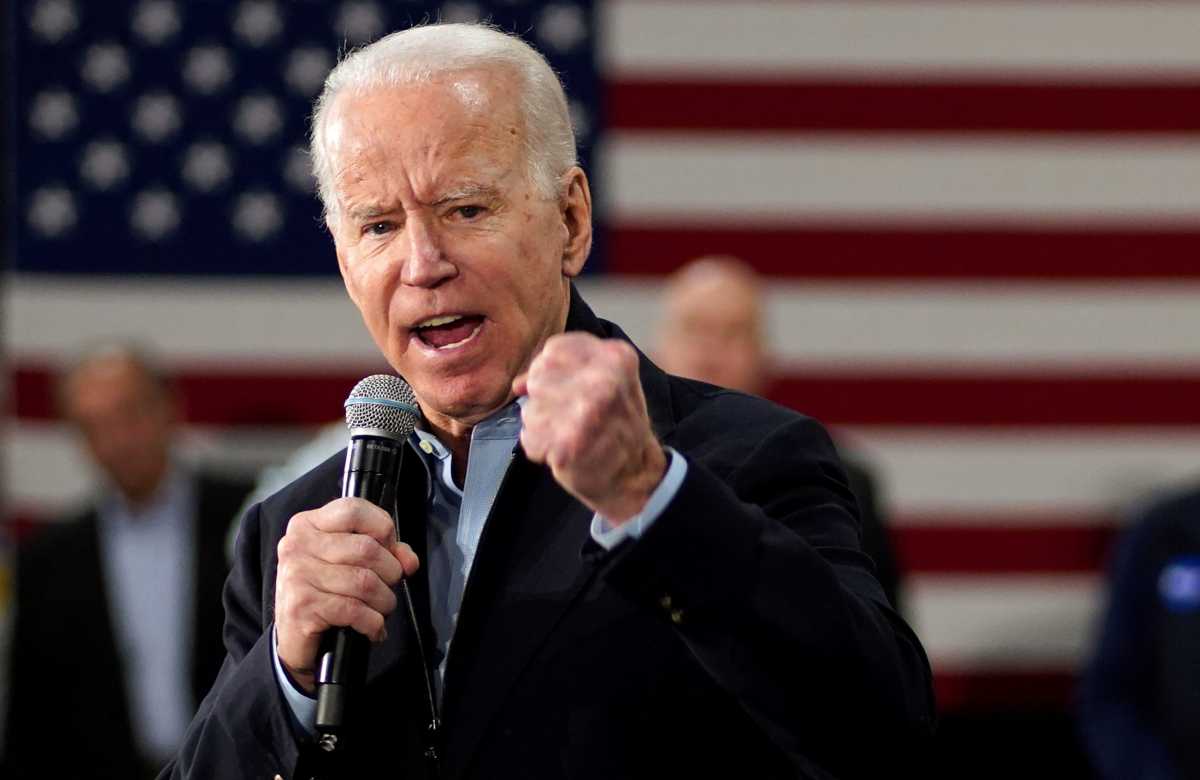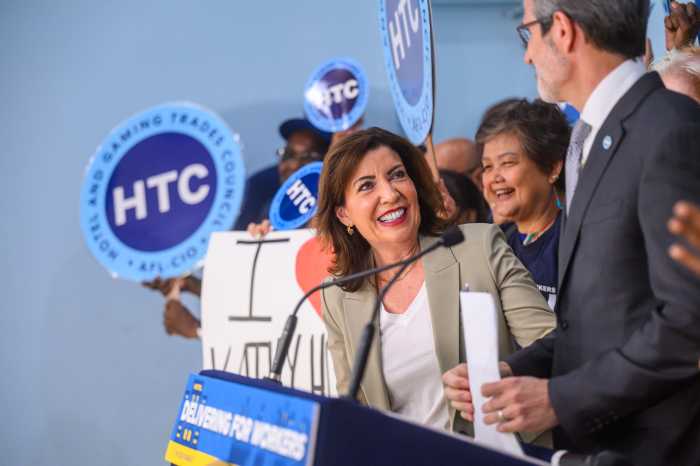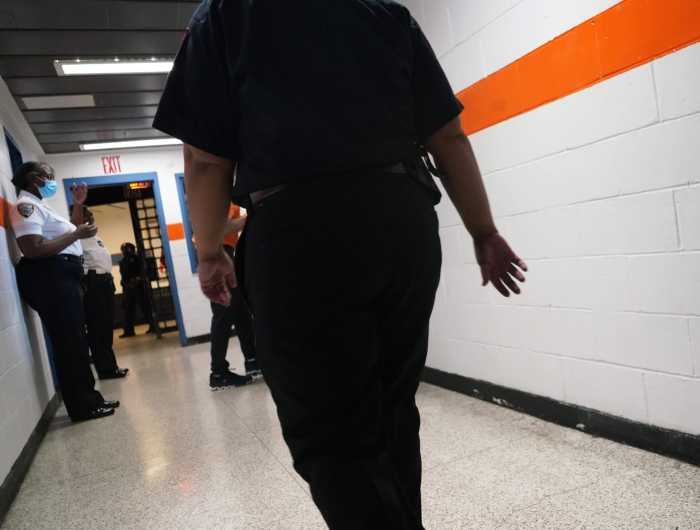BY JAMES OLIPHANT
The first-in-the-nation Democratic nominating contest in Iowa will go down in infamy after technological snafus resulted in results not being reported for nearly a day, costing the candidates who performed well their moment in the media spotlight and allowing others to question the legitimacy of the outcome.
As a result, it is debatable how much momentum the projected winner, whether it is Pete Buttigieg or Bernie Sanders, or any other contender, has going into the next contest, Feb. 11 in New Hampshire. The candidates have already moved on to campaigning in that state.
Now that the returns from 71% of precincts are known, here is how the Iowa caucuses affected the top candidates:
BERNIE SANDERS
The U.S. senator from Vermont was widely viewed as the leading candidate going into the caucuses — and the early reporting from precincts did nothing to contradict that. But Sanders was denied a crowning moment on Monday night, the kind of thing that propels political narratives. Then when results were finally released, they showed Buttigieg ahead in state delegate equivalents with Sanders winning the popular vote.
On top of that, Sanders’ supporters also have to be concerned that turnout statistics suggested that there was no new surge of caucus-goers motivated by their desire to unseat President Donald Trump. Instead, it appeared that turnout was similar to 2016, and that Sanders and other candidates were unable to expand the state electorate.
Still, Sanders goes into New Hampshire as the favorite and with the possibility of emerging as the undisputed front-runner.
JOE BIDEN
For someone who bills himself as the most electable candidate in the Democratic presidential field, the fourth-place finish is close to catastrophic, as it will force Biden to face a fresh round of doubts about his viability.
The campaign must hope that the dark cloud over the caucuses may have obscured somewhat the impact of his dismal showing, and it is already focusing on contests later in the month in Nevada and South Carolina, where minority-rich electorates may boost his prospects.
PETE BUTTIGIEG
Buttigieg, the moderate 38-year-old former mayor of South Bend, Indiana, surprised many with his strong showing in Iowa, partly based on his broad appeal across the political spectrum of the party and to different age groups.
In the months leading up to the caucuses, Buttigieg had made a special effort to campaign hard in Iowa where he had a strong campaign organization.
Now the challenge for Buttigieg is to use his Iowa success to increase his appeal to minority voters. Biden’s poor Iowa showing could help in that regard.
ELIZABETH WARREN
The U.S. senator from Massachusetts got what she needed, a top-three finish that re-solidifies her standing as a major candidate. But she trailed both Buttigieg and Sanders significantly, perhaps foreshadowing a rocky path ahead in New Hampshire and elsewhere.
Warren’s biggest problem continues to be Sanders. She trails him everywhere he is strong. And she may have also lost some upscale voters to Buttigieg in the Iowa suburbs.
Still, her Iowa finish means Warren can now credibly bring her electability argument to New Hampshire.
MIKE BLOOMBERG
Iowa’s woes made Bloomberg’s decision to skip the caucus altogether prescient. The billionaire former New York mayor is pouring unprecedented resources into Super Tuesday states, which award nearly a third of the delegates that will help select a Democratic nominee, and the more muddled the results of the early contests, the more it helps his candidacy.
Moving to exploit the chaos, Bloomberg on Tuesday said he will immediately double his already massive spending on television ads while expanding his staff to more than 2,100.
Biden’s struggles, too, may hand Bloomberg an opportunity to make a stronger claim that he, not Biden, is the moderate who is best alternative to stop Sanders from attaining the nomination.
DONALD TRUMP
The failures of the Iowa Democratic Party gave Trump and his fellow Republicans an easy target, allowing them to paint Democrats at large as incompetent bureaucrats.
In a week in which the president will very likely be acquitted in his impeachment trial and was able to tout his accomplishments in the State of the Union address, the Democrats’ foibles seemed to help place Trump on more solid footing for re-election.






































